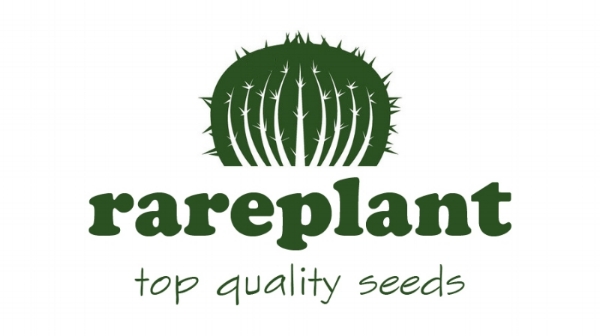Namibia cinerea - 20 seeds



Namibia cinerea - 20 seeds
Namibia ponderosa is a perennial cushion-forming succulent with very thick soft leaves. Cushions up to 20 cm broad and 10 cm high.
Namibia ponderosa is has no clear dormancy and is most active in spring and autumn, but in favourable growing conditions it keeps going over the winter too and doesn't need particular care. Namibia ponderosa seems to prefer a fairly dry rest in winter but grows whenever watered. In very dry warm regions these succulents make very impressive out door ground covers. Growing rate: It is vigorous and quick-growing, speedily forming lateral shoots and low mats. Soil: Requires good drainage as it it is prone to root rot. It can grows outdoor in sunny, dry, rock crevices (protection against winter wet is required) It can also be cultivated in alpine house, in poor, drained soil. Fertilization: Feed it once during the growing season with a fertilizer specifically formulated for cactus succulents (poor in nitrogen), including all micro nutrients and trace elements diluted to ½ the strength recommended on the label. It thrives in poor soils and need a limited supplies of fertilizer to avoid the plants developing excess vegetation, which is easily attacked by fungal diseases. Watering: They are not at all delicate and can take some water year-round. Water minimally in winter and summer, only when the plant starts shrivelling, water more abundantly when they are growing in the spring and autumn, but let the soil dry between soaking. An occasional summer soaking is wise. If grown in a container, bottom watering by immersing the container is recommended. It must have very dry atmosphere. Light: It needs a bright sunny or light shade exposure in winter, but keep cool and partially shaded in summer. Hardiness: It prefer a very bright situation and require a minimum temperature 5°C, but can be cool to cold and dry in the dead of winter. The earlier in the year they are planted, the better the chances for winter survival. True with many of the Mesembryanthemaceae.
